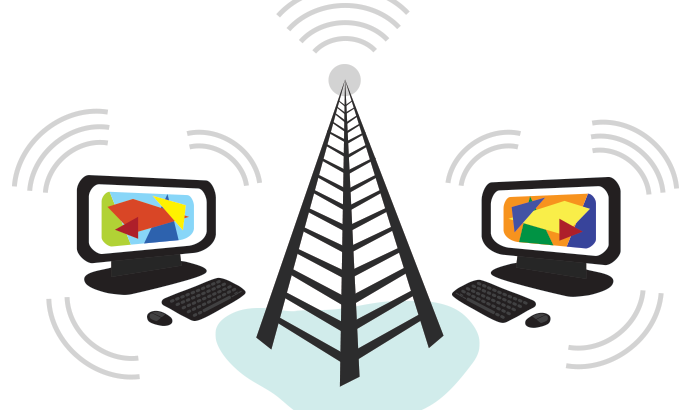The advent of 4G technology has ushered in a significant paradigm shift in global internet connectivity, unlocking a myriad of possibilities worldwide. Nowhere is this transformation more pronounced than in the tranquil rural expanses of America, where 4G mobile internet pioneers like UbiFi have deftly tapped into the potential of 4G cellular towers, providing swift internet access to remote locales.
Forward-thinking mobile internet firms, exemplified by UbiFi, have strategically utilized the existing network of 4G cellular towers scattered across the rural vista. Initially designed for wireless communication, these towers now pull double duty, transmitting internet signals and effectively bridging the digital gap.
Beyond mere convenience, mobile internet distinguishes itself through its defining characteristic: a rapid, low-latency connection, eschewing the intricacies of fiber-optic cables. In contrast to the latency woes often linked with satellite internet, mobile internet stands out as a beacon for users seeking seamless, real-time access, making it an ideal solution for tackling gaming disruptions and latency-related obstacles. In areas where fiber-optic infrastructure remains sparse, mobile internet emerges as the go-to choice for immersive rural gaming, promising the pinnacle of online multiplayer gaming experiences.
However, it’s crucial to grasp that the efficacy of mobile internet hinges on a pivotal factor: proximity to an internet provider’s coverage area. Whether considering UbiFi or another rural internet service provider, a thorough evaluation of coverage is imperative before committing to any subscription. Exploring alternatives that encompass unlimited 4G rural internet providers—ensuring uninterrupted service without data constraints or additional charges—can expand your array of choices, facilitating an informed decision-making process.





